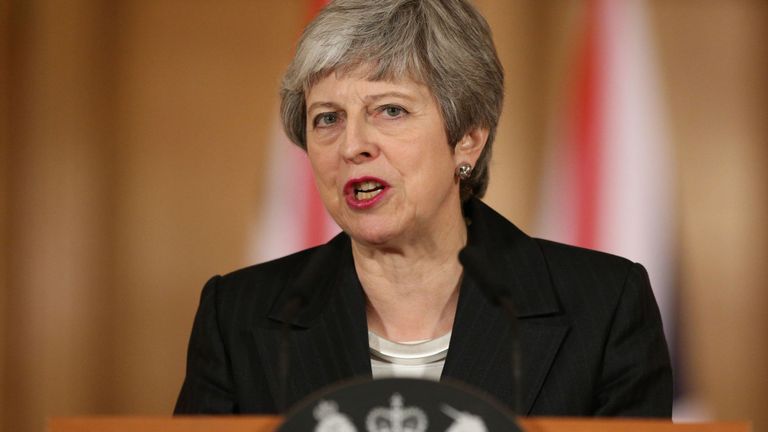Once again British politics is seemingly imploding in unexpected and unprecedented ways with last week one for the history books, in terms of British political history.
On Tuesday 12th March Members of Parliament had to vote on Theresa May’s Withdrawal agreement for a second time. Once more it was voted down. This time the Attorney General dealt the blow to the Government by saying that the legal risk that the UK may end up in the backstop with no way out was “unchanged”. This gave the DUP and some Eurosceptic Conservative MPs the justification they needed to vote against the Withdrawal agreement.
The vote this time was 391 against versus 242 in favour, a majority of 149 against the Government. This is smaller than the 230-vote majority against the withdrawal agreement the first time it was voted upon; yet is still unprecedented in British political history.
Theresa May now holds the questionable honour of having both the largest and 4th largest ever defeats against a Government since 1918.
This led onto Wednesday. Not a day likely to be forgotten by the Government. The original motion was put forward by the Government and said that the UK should not crash out with no deal on March 29th, as is the current default position.
Unbelievably, Theresa May was forced to suspend collective Cabinet responsibility and offer a free vote. Collective responsibility is one of the backbones of the UK cabinet style system of governing and the suspension of it for this vote meant that cabinet ministers could vote however they wished, irrelevant of the position of the Government.
Somehow, it proceeded to get even more confusing and problematic for the Government. The ‘Spelman amendment’ derailed the Government’s plans. This amendment would change the motion and rule out no-deal Brexit, not just on the 29th of March, but rule it out completely. This amendment passed by 312 for and 308 against, a very narrow margin of victory and led to near chaos in Conservative ranks.
The amendment changed everything. What was supposed to be a free vote for Conservative MPs was quickly changed to a three-line whip ordering them to vote against. This last-minute volte-face failed dramatically. 17 Conservative MPs defied orders and voted for it, including Sarah Newton, a junior Minister who resigned in order to defy the whip.
Yet, most dramatically, four Cabinet Ministers, Amber Rudd, David Gauke, Greg Clarke and David Mundell, all abstained against the Government’s wishes. In any ordinary Government they would be expected to resign but Theresa May’s authority has been so weakened she cannot afford to lose these cabinet ministers.
The next day the government whipping operation seemed more secure with no more headaches as MPs voted against a Labour amendment to seek a new Brexit approach, against a new referendum and against indicative votes in the House of Commons. MPs then voted 413 vs 202 in favour of seeking to extend article 50. Although, in another dent to Theresa May’s authority, her Brexit secretary, Stephen Barclay, summed up the debate in Parliament for the Government arguing to extend article 50, then proceeded to vote against extension.
So where does this leave the UK now? Seemingly Theresa May will try and pass her Withdrawal agreement again on the 3rd time of asking, with the DUP and ERG signalling they may support the vote a third time around, before going to Brussels to try and get the EU to extend article 50. Although John Bercow has ruled that Theresa May cannot continually bring the same agreement to Parliament again and again so it is unknown when the agreement will be returned, and how different it will have to be in order to face another vote.
Image: [Sky News]

